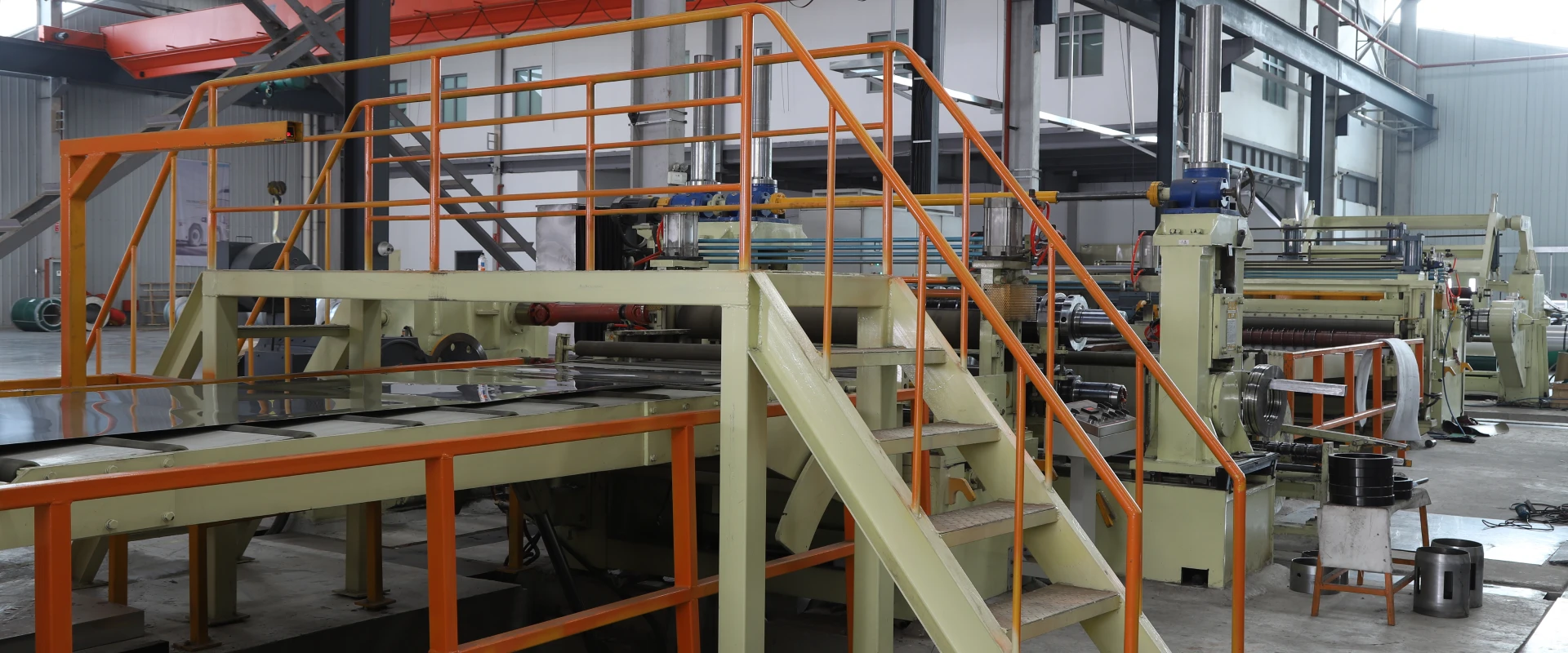The Conductivity of Titanium Materials and Their Applications in the Electrical Field
Understanding the Conductivity of Titanium
Electrical conductivity refers to a material's ability to allow the flow of electric current. Metals like copper and aluminum are commonly associated with high conductivity, while titanium is generally considered a poor conductor compared to these metals. Titanium's electrical conductivity is lower than that of copper or aluminum, but it is not entirely unsuitable for specific electrical applications. In fact, titanium's conductivity is a critical consideration when selecting materials for certain engineering projects, especially where other properties like corrosion resistance and strength are prioritized.
Titanium’s conductivity depends on factors such as alloy composition and environmental conditions. Pure titanium has relatively low conductivity, but the presence of alloying elements can influence its ability to conduct electricity. Additionally, temperature and oxidation can affect titanium’s conductive properties.
Factors That Influence Titanium’s Conductivity
Several factors impact the electrical conductivity of titanium. The first is its crystalline structure, which dictates how electrons flow through the material. Titanium's hexagonal close-packed (hcp) structure can limit electron mobility, making it less conductive than metals with face-centered cubic (fcc) or body-centered cubic (bcc) structures, such as copper and aluminum.
Alloying titanium with other metals can also influence its conductivity. For example, titanium alloys like Ti-6Al-4V (a mixture of titanium, aluminum, and vanadium) may exhibit improved strength and corrosion resistance, but they still have relatively lower electrical conductivity. While these alloys may be more suitable for structural applications, they are not ideal for electrical conductors.
Environmental factors, such as temperature and oxidation, also play a role in the conductivity of titanium. Titanium naturally forms a thin oxide layer on its surface when exposed to oxygen, which can further reduce its ability to conduct electricity. This oxide layer, while beneficial for corrosion resistance, can act as an insulating barrier, limiting the material's effectiveness in electrical systems.
Applications of Titanium in the Electrical Field
Although titanium is not the best conductor of electricity, its other properties make it valuable for specific electrical applications where conductivity is not the primary concern.
Electrical Connectors and Contacts Titanium is widely used in the production of electrical connectors and contacts, particularly in industries where strength, corrosion resistance, and reliability are critical. For example, titanium’s resistance to oxidation and high temperatures makes it an excellent choice for electrical components exposed to harsh environments, such as those found in aerospace, marine, and chemical industries. While titanium may not conduct electricity as efficiently as copper, its durability and resistance to corrosion extend the lifespan of electrical systems, reducing the need for frequent maintenance.
Electrochemical Applications Titanium’s excellent resistance to corrosion and ability to withstand aggressive chemical environments make it ideal for use in electrochemical applications, such as electrodes in fuel cells, electrolysis, and batteries. In these settings, titanium is often used as a substrate material for coatings, which can enhance its electrical properties. Titanium-based electrodes are increasingly employed in industries like water treatment and renewable energy, where the material’s resistance to corrosion ensures long-lasting performance even in harsh chemical conditions.
Titanium in Advanced Electronics Titanium is also being explored for use in advanced electronic applications. While not typically used as the primary conductive material in circuits, titanium is being integrated into electronic devices for its strength and durability. Research into titanium's potential use in semiconductors, electrical capacitors, and other components continues to grow, particularly in devices that require materials resistant to heat and wear. Although titanium may not be a primary conductor in these systems, its use in specialized environments offers potential for new, high-performance technologies.
Pros and Cons of Using Titanium in Electrical Applications
Despite its lower conductivity, titanium offers several distinct advantages that make it suitable for certain electrical applications.
Advantages:
Corrosion Resistance: Titanium is highly resistant to corrosion, making it ideal for electrical components that must withstand exposure to moisture, chemicals, and extreme temperatures.
Strength-to-Weight Ratio: Titanium is lightweight yet strong, offering excellent structural support for electrical applications without adding unnecessary weight.
Durability: Titanium’s ability to resist oxidation and degradation extends the lifespan of components, reducing maintenance and replacement costs.
Disadvantages:
Lower Conductivity: Titanium’s electrical conductivity is significantly lower than that of copper or aluminum, limiting its use in applications where high conductivity is critical.
Higher Cost: Titanium is more expensive than many other metals, including copper and aluminum, which can make it less cost-effective for certain large-scale electrical applications.
While titanium may not be the go-to material for high-conductivity applications, its unique set of properties—such as its resistance to corrosion, strength, and durability—make it invaluable for specialized uses in the electrical field.
Innovations and Future Prospects of Titanium in Electrical Engineering
Research into improving titanium’s conductivity and exploring new titanium alloys is ongoing. Scientists are investigating methods to enhance the material’s electrical properties, such as by developing titanium-based composites that offer improved conductivity without compromising other characteristics. This research is particularly promising in fields like electric vehicles, renewable energy systems, and energy storage technologies, where materials are constantly being developed to improve performance.
Furthermore, titanium’s role in next-generation battery technology is gaining attention. Its corrosion resistance and lightweight properties could make it an ideal material for certain battery components, potentially enhancing the efficiency and lifespan of energy storage systems. As research continues, the role of titanium in electrical engineering may expand, offering new possibilities for high-performance electrical systems.
Titanium’s conductivity may not rival that of traditional conductors like copper, but its unique combination of strength, corrosion resistance, and durability makes it an essential material for many specialized electrical applications. Whether used in connectors, electrodes, or advanced electronics, titanium offers significant advantages in environments where other materials would degrade or fail. As research into improving titanium’s conductivity continues, it may become an even more important material in the electrical field, particularly in emerging technologies like renewable energy and energy storage systems.

